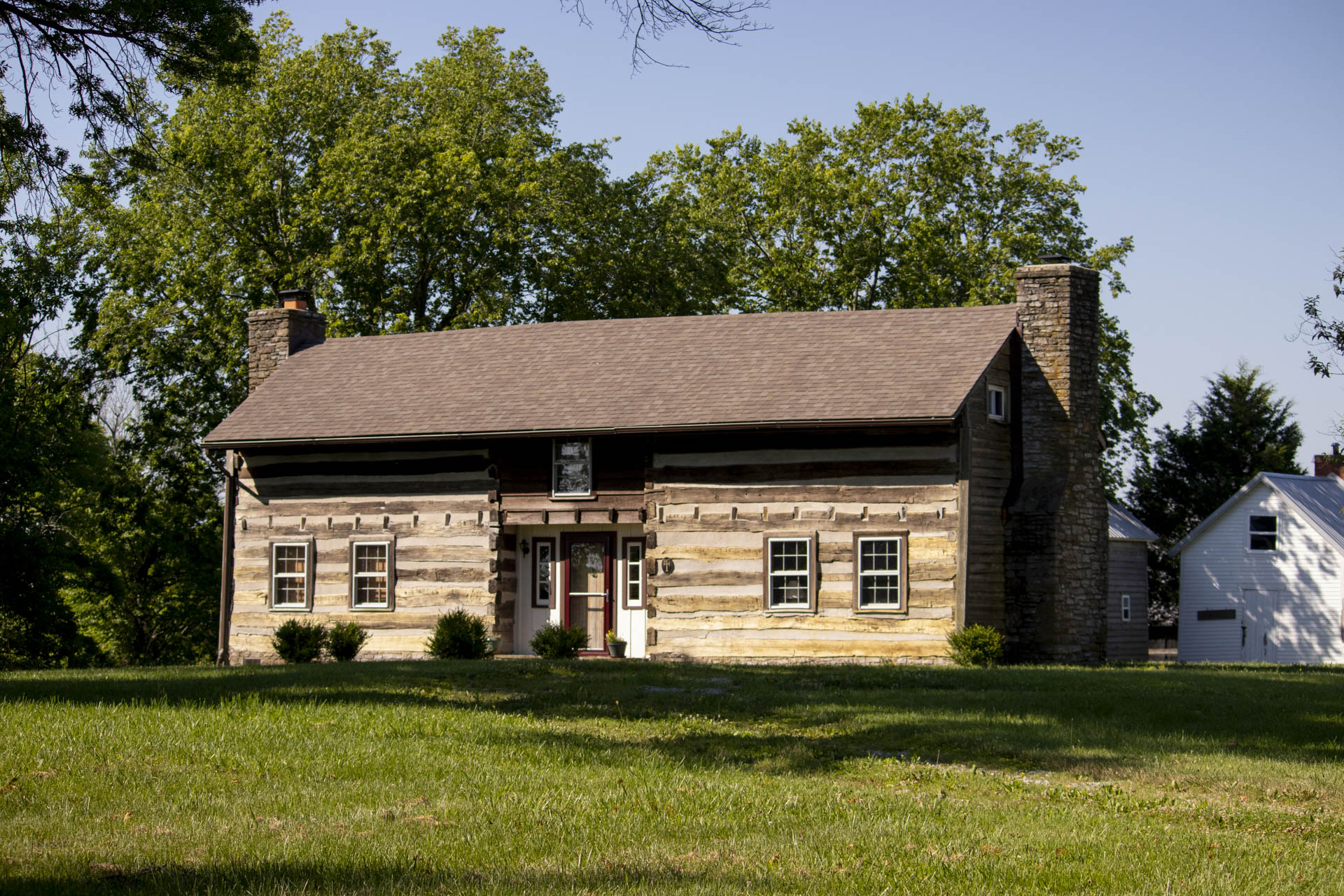Dear Friends,
And the winner is Julia Truitt Poynter! Thanks to all who signed up for the Mt. Folly Farm newsletter and entered to win a stay at the Homestead. Julia and I will tour the farm, visit the distillery and the new Mercantile on Main, see our downtown. She plans to visit in October with her husband and perhaps more family members. We can’t wait!
And now for Mt. Folly news —
The flooding in East Kentucky is the news that matters. In the next several days (we are getting three more inches of rain today) a Berea friend and I are heading to Troublesome Creek with requested supplies. Because the flooding is an international story, I’ve heard from people from London to Indonesia, in addition to Wisconsin, Washington, DC, California, and New York. Their questions reveal something about their perception of those most affected by the floods.
“Don’t they realize it’s climate?” is the sentiment. The answer is that “they” do. More to the point, “we” do, as I’m one of them.
My family roots are Scotch-Irish. My great grandfather was part of the Appalachian timber boom, arriving in Kentucky as a worker, a mill saw operator. He did well, and at his death owned a sawmill, multiple oil, coal and gas leases, real estate, and a bank.
The remains of the extractive industries, which made both great fortunes and humble livelihoods for past generations, makes changing our social and business ecosystems difficult. But we aren’t fools. Most of us understand that burning 300-million-year-old plants and animals, made of carbon, puts carbon in the atmosphere, turning our planet into a greenhouse, quite literally. We understand that switching to wind, wave and solar, while drawing down carbon and putting it into plants, trees and soils, is the way to go.
Warmer air holds more water, leading to torrential rain in our state. In coal country, though, the problem is made worse because mountain top removal and other surface mining methods have stripped the hills of plants and topsoil and the hydroseeded infill on “reclaimed” sites doesn’t absorb rain as the forest once did.
Covering the floods, The Lexington Herald reports:
The severity and frequency of flooding is unequivocally projected to worsen in the coming years as the climate continues to warm, ultimately bringing more precipitation to vulnerable, unsupported terrain…. Compacted soil and treeless, tiered topography left by strip mines acts as a slippery surface and reduces the land’s ability to absorb water…these steep slopes in some cases are more likely to give way, especially after heavy rainfall.
The real issue is not one of understanding, but one of agency. Do we believe we can have an impact?
How can we push back against the powerful forces that got us in this trouble? What can we accomplish in the face of climate change?
Mt Folly team members, including those who work at Wildcat Willy’s Distillery and Laura’s Mercantile, often wonder if we can succeed. I remind them (and myself) frequently, that “Yes we will, because it is us!”
But we can’t do it alone. We need your support. Please tell your friends and co-workers that we are going “all in” on a solution. If you live nearby, email me to organize a farm tour. Check out the farm website. Shop with us. Support regenerative agriculture and forestry, but learn the details, as there is plenty of greenwashing going on.
In closing, we can do this, and we are thrilled that you have our backs.



